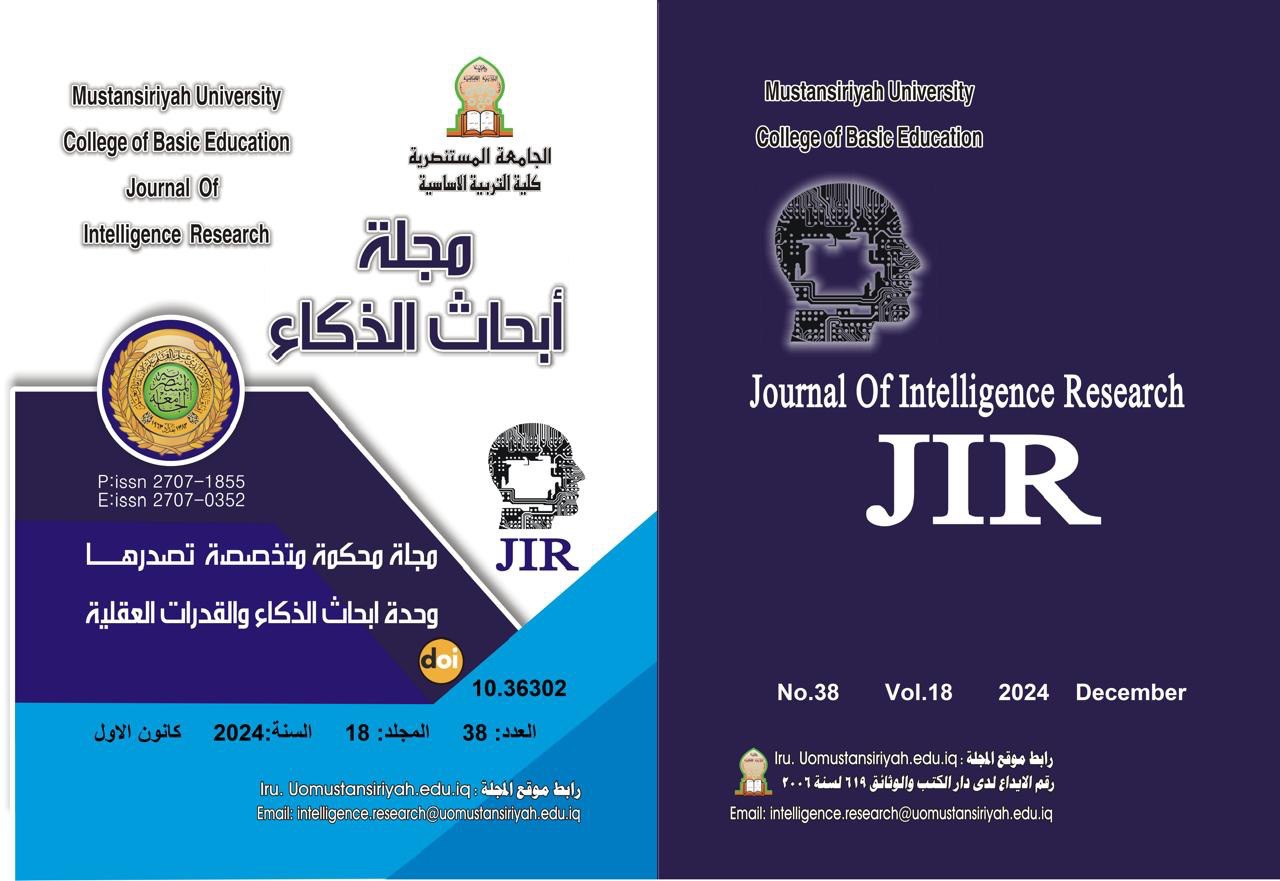The Effectiveness of an Educational Program in developing Disaster Response Skills among Kindergarten Children
Keywords:
Instruction program, disaster Response skills, kindergarten children.Abstract
The current research aims to identify the effectiveness of an educational program in developing disaster response skills among kindergarten children, and the differences between males and females in developing disaster response skills among kindergarten children. To achieve the research objectives, the following hypotheses were formulated:
1- There is no statistically significant difference between the average scores of children in the experimental group who were exposed to the program and the average scores of children in the control group who were not exposed to the program according to disaster response skills at a significance level of (0.05).
2- There is no statistically significant difference between the average scores of males in the experimental group and the average scores of females in the same group according to disaster response skills at a significance level of (0.05). The research sample was randomly selected, and the research was applied to a sample of (60) boys and girls from the kindergarten children in (Al-Kholod) Kindergarten affiliated to the First Rusafa Education Directorate in Baghdad. The sample children were distributed into two groups: the experimental group, which includes (30) children, (15) males and (15) females, and the control group, which includes (30) children, (15) males and (15) females. To achieve the research objectives, the researcher built an illustrated scale to measure disaster coping skills among kindergarten children. The theory adopted in building the scale was Belkin's theory (Belkin, 2020), and it included (30) paragraphs distributed over (6) skills, as follows: (time management skill, stress management skill, creativity skill, communication skill, problem solving skill, and technical skill), and an educational program to develop disaster coping skills among kindergarten children; Belkin's theory (2020) was adopted in building the educational program, and it was applied to the children of the experimental group. The researcher applied a pre-test of the disaster coping skills scale for kindergarten children to the children of the two groups (experimental and control) before applying the program, and a post-test of the disaster coping skills scale for kindergarten children to the children of the two groups after applying the program. The researcher used the intelligence test of (Rudolf Bentner) for the experimental and control groups, and the researcher adopted the design of the control and experimental groups with a pre- and post-test. The data were analyzed and processed statistically using the t-test for two independent samples. The researcher reached the following results: 1- There is a statistically significant difference between the average scores of children in the experimental group who were exposed to the program and the average scores of children in the control group who were not exposed to the program according to disaster coping skills at a significance level of (0.05).
2- There is no statistically significant difference between the average scores of males in the experimental group and the average scores of females in the same group according to disaster coping skills at a significance level of (0.05). In continuation of the current research, the researcher reached many recommendations and suggestions.


